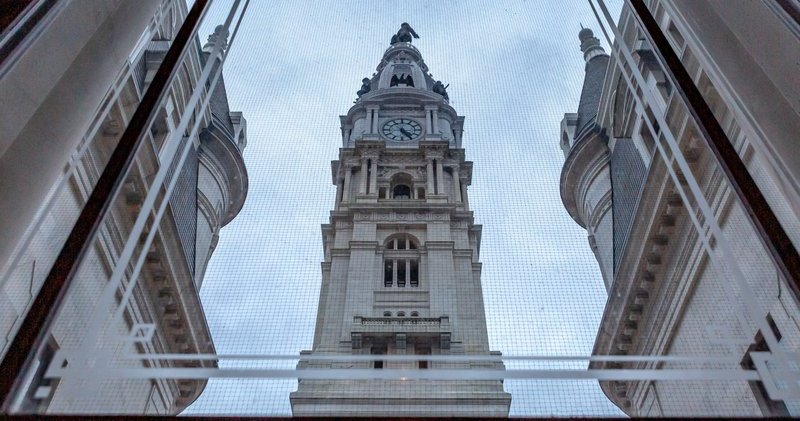Some city leaders want the state to prioritize funding for SEPTA over spending money on highways.
Pennsylvania will receive billions in federal funding through the Infrastructure and Jobs Act. While the act recommends allocating 80% of the funds for highway-related projects and 20% to those related to mass transit, states have some discretion in how they can spend their money.
It’s a process called flexing that is permissible by the law, and Councilmember at-Large Nicolas O’Rourke introduced a resolution at Thursday’s encouraging the state to take advantage of those and other federal dollars and redirect money to SEPTA instead of highway projects. City Council will vote on the resolution at its next meeting on Nov. 21. Councilmembers Jamie Gauthier (D-3rd) and Rue Landau (D-At-large) already expressed support for the legislation.
O’Rourke’s resolution references analysis by the Urban Institute that shows SEPTA’s operations budget could increase by 23% if Gov. Josh Shapiro and the Delaware Valley Regional Planning Commission reallocate the funds.
The idea is a Hail Mary as SEPTA faces budget deficit of $240 million and some lawmakers scramble to find a solutions. Earlier this week, SEPTA floated a plan to reduce service, increase fares from $2.00 currently to $2.90 on trains, buses and trolleys and raise Regional Rail prices to as much as $8.75. The fare increases would go into effect Jan. 1.
On Thursday, the Inquirer reported that SEPTA also would halt plans to roll out its Bus Revolution, a revamping of its bus system that began more two years ago.
At the council meeting, O’Rourke, a member of the Working Families Party, noted the urgency of the issue. The Pennsylvania Senate and House of Representatives had their final sessions for the year on Wednesday, making state intervention at a policy level less likely. President-elect Donald Trump takes office in January, and he repeatedly attempted to slash funding for public transportation during his first term.
“This is our last chance, the last one, to save SEPTA from its impending death spiral and Gov. Shapiro has the power to avoid this actual catastrophe,” O’Rourke said.
It’s not the first time state government has used flex funding for SEPTA. In 2005, former Gov. Ed Rendell relied on it, in part, for a $412 million bailout for public transit, and he called on it again in 2010 to pressure the General Assembly into passing Act 89, a 10-year transit funding bill.
There is momentum on the state and federal level to aid SEPTA, but it hasn’t been enough to make a real difference so far. Members of congress representing Pennsylvania announced Thursday that $407 million from the Infrastructure Act would be spent on transportation in Southeastern Pennsylvania. Of that sum, Amtrak will receive $404 million for “rail efficiency and reliability.” SEPTA will get $3 million for a study on improving service capacity between Trenton, New Jersey, and Newark, Delaware, part of the Reimagining Regional Rail plan.
Earlier this year, Shapiro proposed adding $283 million to the state public transport budget, and SEPTA would have gotten $161 million from it. Republicans blocked the effort in the state Senate and the transit agency instead received $46.2 million from the state budget and $6.9 million from the five counties in the southeast.

